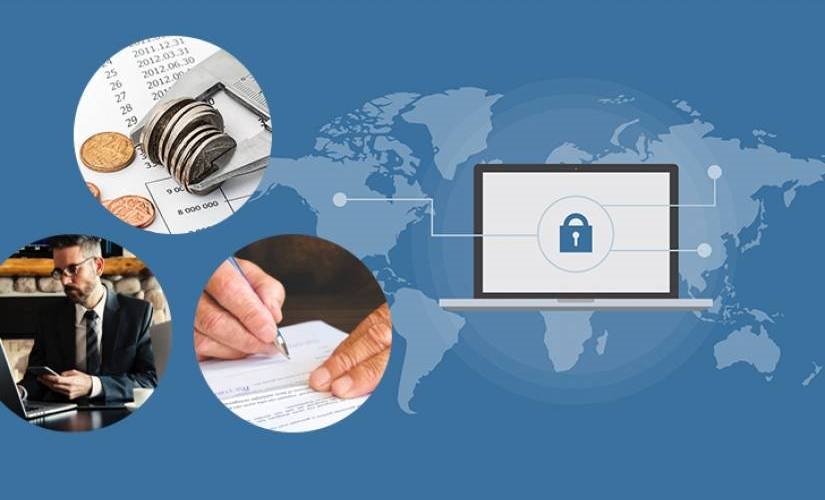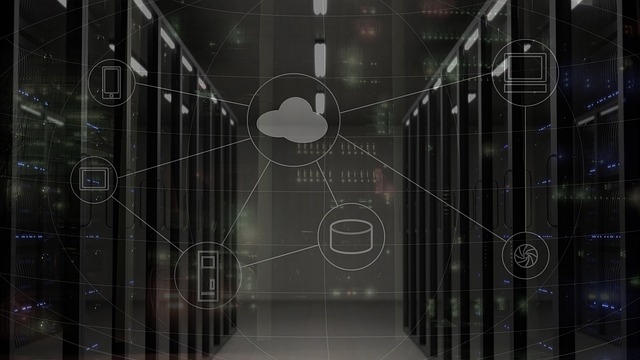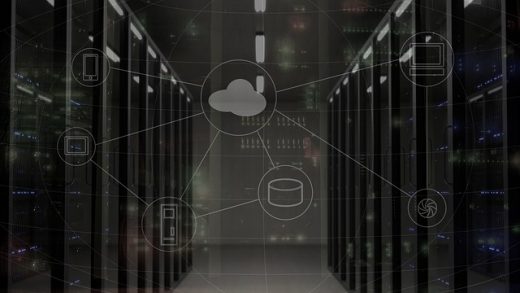Serverless Backups: Viable Data Protection for Small Businesses
Serverless Backups: Viable Data Protection for Small Businesses

Backup, disaster recovery and data protection are expensive, especially when it comes to physical backup and disaster recovery servers and hardware. So how can Small and Medium-size Businesses (SMBs), who have limited budgets, protect their essential data? The answer: serverless backups.
Before we discuss serverless backups, let’s get an idea of how expensive are enterprise-grade backup solutions? Companies need to keep customer privacy in mind with new business developments.
Gauging Backup and Disaster Recovery Hardware Costs

The price tag on a backup server depends on several variables, here are some of them:
- Storage capacity – how many terabytes of data it can store?
- Processor – the generation, compute capacity, type, etc.
- Drives – does it have SATA, SAS, or SSDs?
- RAM – how much physical memory does it have?
- Integrated data services – examples include deduplication, volume encryption, asynchronous replication, etc.
- Backup software – cost varies depending on the vendor and the license purchased.
These factors make it difficult to put an exact price tag on a traditional backup server. Typically, good enterprise-grade servers with 40TB storage capacity range from $ 4000 to $ 5000+. If you’re getting anything lower than that, then it’s worth a steal.
Let’s bear in mind; this is only the initial cost. When you consider the dynamic costs such as maintenance, software licenses, technical support, power, cooling, etc. the total sum comes out much more significant.
For more information on the cost of backup servers, visit the Amazon store. You’ll find a significant number of backup appliance vendors there.
These numbers are enough to put a frown on the face of any CFO. And serverless backups offer the opportunity to turn those frowns upside down. While providing a reliable option to protect important business data.
What is Serverless Backup?

Serverless backup, as the term implies, is the practice of creating backups without any physical servers. This technology leverages the cloud computing model of Infrastructure-as-a-Service (IaaS).
In this cloud computing model, the Cloud Service Provider (CSP) offers the server while the SMB stores their backups, via WAN or a private network, in it. Therefore, the SMB gets the full serverless or hardware-less experience.
That’s the definition, but is it a viable option for small and medium-sized businesses? The answer is a resounding “Yes.”
What makes Serverless backups Suitable for SMBs?
Let’s address the elephant in the room first. As an SMB with a limited budget, the first question that usually pops-up is: Is it budget-friendly?
Consider all the costs mentioned earlier, the infrastructure cost and the dynamic cost of maintaining the physical server, and then equate it to zero. But, of course, serverless backups aren’t for free. Now replace those costs with the per-use cost models of cloud storage tiers. And you get a backup solution that is far less expensive than physical servers.
But, as with physical backup servers, we can’t put an exact number on how expensive it’ll be. Here are some of the factors that contribute to the cost of serverless backups.
Cost of Serverless Backups.
- Storage in the Cloud – how much backup data will you store in the cloud?
- Access frequency – how frequently will you access the stored data?
- Retention – how long do you intend to keep your data in the cloud?
- Cloud Tier – based on your chosen cloud tier (hot or cool blob in Azure or S3 or S3-IA in AWS, etc.), the cost of storage and retention varies.
For more information on the cost of cloud backups or serverless backups talk to service providers in the Azure marketplace or AWS cloud service providers.
One thing to note here is that there are service providers who can help simplify the cost of serverless backups/cloud backups. For instance, it’s difficult to predict how frequent you’ll access your data or how long do you intend to retain it. Therefore, if you end up making a mistake, it can be very costly (literally).
In such cases, it’s better to choose vendors who offer a full package deal with per TB costs, such as StoneFly. They have a couple of storage solutions in Azure and AWS, and they’ve partnered with Veeam. So they offer a bunch of package deals that make serverless backup cost management pretty simple.
Are Serverless Backups Secure Enough?
Cloud technology has been a part of corporate businesses for decades now. Many fortune 500 companies have already integrated it in one way or the other while several are experimenting with it. When the concept of cloud emerged, the big question was “is it secure enough?”
To answer that question, CSPs poured large sums of money to emphasize physical and software-level data security of the data that’s stored in the cloud. For example, Azure spends millions to protect its customers’ data. Amazon doesn’t fall behind either. And the same is true for several other cloud providers: Google, Dropbox, etc.
Azure also publishes its SOC reports. SOC reports are basically security audit reports. They provide valuable insights to customers about the security procedures Azure data centers have put in place to secure the data in their servers.
Safe to say, security is of the utmost importance to CSPs and they make sure that data isn’t corrupted, maliciously accessed, or lost from their servers. These facts make serverless backups a pretty safe option for SMBs. Serverless backups are secure. But are they compliant?
Are Serverless Backups Compliant?
To answer this question, I’ll use Azure’s example again. They regularly publish and maintain the compliance standards their data center meets. Some noticeable compliance regulations include HIPAA/HITRUST, FISMA, FedRAMP, and CJIS.
Therefore, if an industry regulation is a concern for an SMB, then serverless backups can actually help with compliance.
This isn’t just true for Microsoft Azure. Amazon, Google, and other public cloud service providers also publish similar lists. And private cloud service providers also maintain that they help with several industry compliance regulations.
The best practice is to make sure that the chosen CSP is compliant with desired regulations before making the purchase.
Conclusion
Backup and disaster recovery and data protection are important but expensive. The cost-effective and reliable option for SMBs is serverless backups.
Serverless backups don’t cost as much as physical backup servers. They are cost-effective, reliable, and compliant with industry regulations.
If you’re limited by your budget, then don’t risk your data without data protection, just get a reliable serverless backup solution instead.
The post Serverless Backups: Viable Data Protection for Small Businesses appeared first on ReadWrite.
(14)


